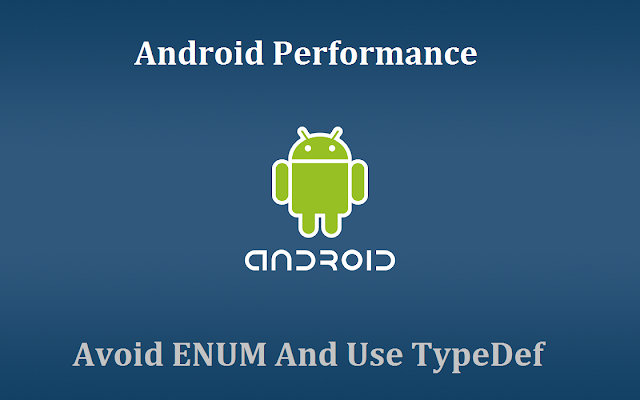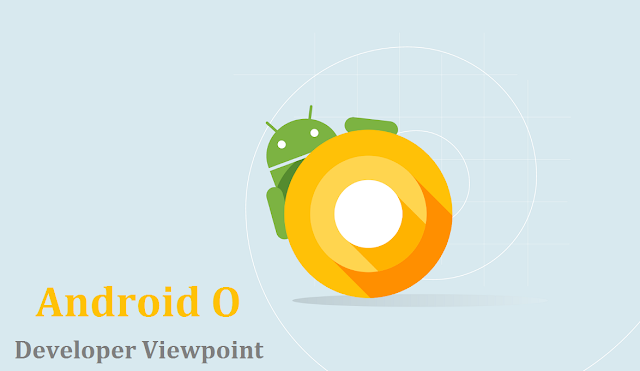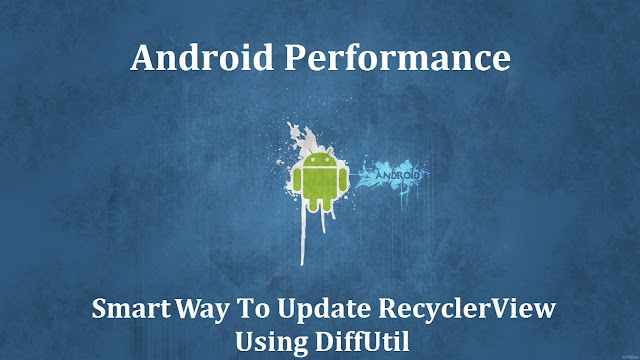JSON and Builder Libraries
JSON stands for JavaScript Object Notation. It is a
lightweight data exchange format. It is mostly used for transmitting data
between servers and client applications. It is the alternative for XML because
of smaller in size, faster and easier to parse. It is easily readable and
writable.
It is based on a subset of
the JavaScript Programming Language so it is completely language independent. But
for ease of use it follows conventions that are familiar to programmers of the C-family
of languages, including C, C++, C#, Java, JavaScript, Perl, Python, and many
others.
JSON is built on two
structures:
A
collection of name/value pairs.
In various languages, this is realized as an object, record, struct,
dictionary, hash table, keyed list, or associative array.
An
ordered list of values.
In most languages, this is realized as an array, vector, list, or sequence.
These are universal data
structures. Virtually all modern programming languages support them in one form
or another. It makes sense that a data format that is interchangeable with
programming languages also be based on these structures.
Here are the sample JSON
format:
{
"employee": {
"id": 1000,
"name": "Employee A",
"gender": Male
}
}
{
"Employee" :
[
{"id":"1000","name":"Employee A","gender":"Male"},
{"id":"1001","name":"Employee B","gender":"Female"}
]
}
There are lots of JSON
builder libraries available to convert Objects into their JSON representation
or vice versa. Here are the lists of some popular libraries-To go into more depth on
JSON structure refer
1. Jackson
2. Google-Gson
3. Flexjson
4. JSON.simple
5. JSON-lib
6. JSON-io
8. Genson
While choosing a JSON
library, parsing speed consideration plays an important role. Different parsing
speed benchmark test concludes the libraries that performed best for big files
suffered for small files and vice versa. Typical observation found that-
- Parsing
big JSON files, then Jackson
and JSON-lib perform very well and most preferable library.
- Parsing
small JSON files, then Google-Gson and
Flexjson perform very well and most preferable library.
- Deal
with both types of files, then
JSON.simple is a good workhorse for a variable environment.
This
is the basics on available popular JSON libraries.
In
the continuation on JSON parsing, read another article on Parsing JSON withGson library.
To
find more interesting topics on Software development follow me at
https://medium.com/@ankit.sinhal
You
can also find my Android Applications on play store



Comments
Post a Comment